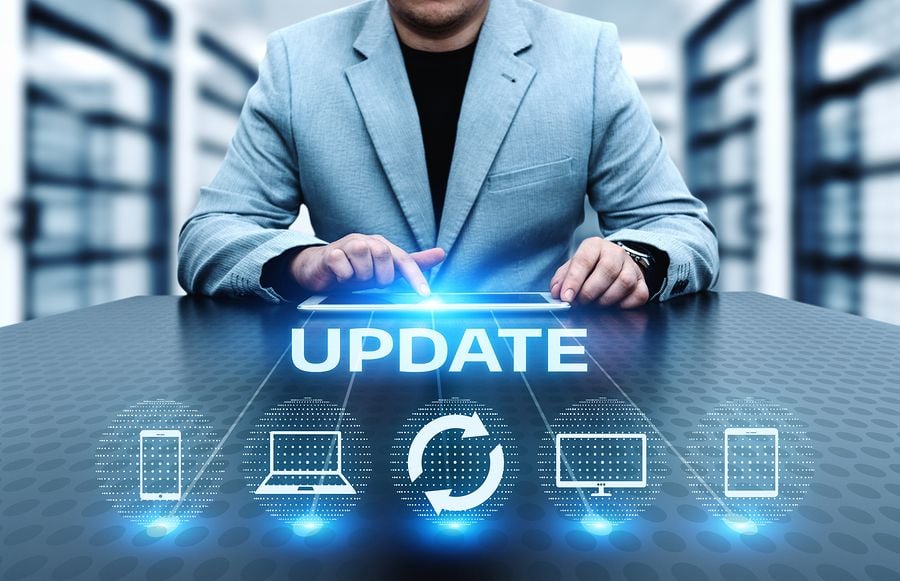
Today, no one thinks twice about calling for an Uber or Lyft. 5 years ago, while this industry was in its infancy, companies like Uber were facing serious challenges from governments all around the world. New technology has always faced regulation and challenges from existing players – I’ve read stories about how cars have faced challenges from those who profited from horse-drawn buggies. The most recent revolution in transportation has been ride sharing. I live in a far north suburb of Chicago and remember having trouble getting a taxi from the airport or spending more than 30 minutes standing in the taxi line and my parents complaining of having to pay an unreasonable amount of money to get home. In the early days of ride-sharing, Chicago had made it illegal for Uber drivers to pick up passengers at the airport, not helping matters. Finally, around Thanksgiving in 2015, Chicago made it legal for passengers to hail an Uber at the airport. These days, we order an Uber after we arrive at the airport and have a ride within minutes and it costs a lot less as well. Hundreds of thousands of people have found a flexible way to work and make a living. I believe overcoming regulatory challenges by the ride-sharing industry has transformed lives and will continue to do so for years to come.
Another challenge of modern times has been battery life for smartphones. While phones have become a must-have for everyone, its use comes with a lot of challenges. Everyone has experienced a dead phone when they needed it the most – all of my friends have suffered from a panic attack in anticipation of their phone dying. When iPhones go from 40% battery down to 5% in a matter of minutes, it might seem like the end of the world is upon us. While my parents say it’s a good relief from Instagram, I believe there are serious situations that could become that much more dangerous without access to a phone. Larger and more efficient batteries and portable chargers are truly a lifesaver and while not revolutionary, has made life that much easier for millions.
Looking forward, one of the biggest issues that the technology industry will face is how technology companies balance their desire to gather data about consumers and consumer’s need for privacy. Although we all have benefited from Google’s free search and Facebook’s social media, many of us have not thought about the personal information we share with these companies in return, both with and without our knowledge. While the testimony by tech industry CEOs to Congress was funny at times, mostly because of 80-year-old senators not having much of an understanding about how social media works, it did highlight the wild west nature in which the tech industry has operated. Without regulations that catch up to the tech industry and tech companies’ policing themselves, there are likely to be many more Cambridge Analyticas!
Another challenge not only for the tech industry, but every industry is cyber-security. This presents a great opportunity for technology companies that provide solutions to counter cyber attacks. It seems like hardly a month goes by without the news of another major data breach or theft of data. Target, Equifax, and Yahoo have all lost valuable customer information to cyber-attacks. These hacks have caused serious financial losses to companies and have provoked strong emotions during elections in many countries and one can imagine countries using cyber-attacks, resulting in war. This could mean loss of lives, destroyed economies, and livelihoods. I am excited to be part of an industry that not only brings cool products, but also makes lives easier for everyone, and at the same time make this world a safer place to live in.

About the Author
Nikki Chakravarthy is a student of The University of Chicago’s class of 2023, where she is majoring in Computer Science. Nikki dreams of a future career in data analytics.

